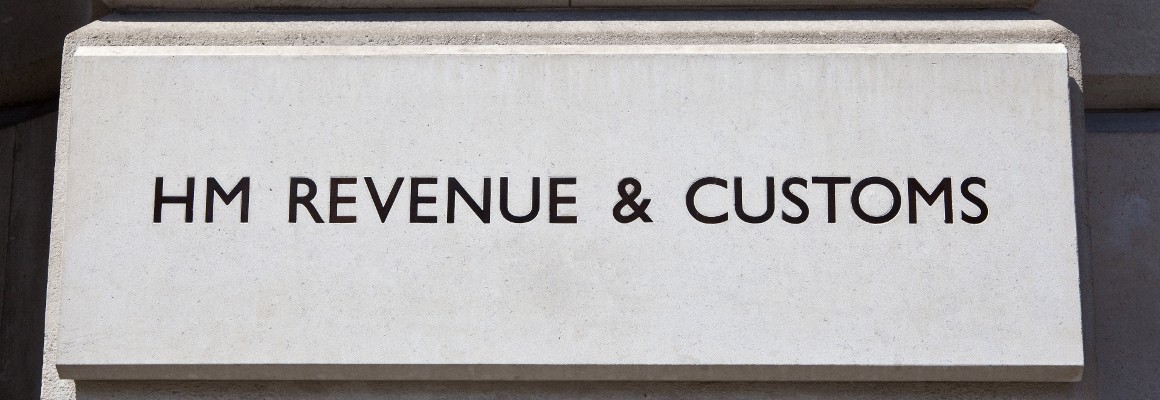How Capital Gains Tax Hits The Bereaved
Capital Gains Tax (CGT) is about to become much more of an issue for the bereaved – and not just because of the government’s decision to be less generous.
The government is cutting the tax-free allowance on capital gains. This will impact directly on families that are selling the home (or any other property) bequeathed by a deceased loved one. Beneficiaries will be forced to pay more in Capital Gains Tax because more of their inheritance will become liable to the levy:
- 28% for residential property gains
- 20% for gains from other chargeable assets.
How Are The Capital Gains Tax Rules Changing?
Your CGT liability will rise because the government is reducing your tax-free allowance. Your Annual Exemption Allowance (AEA) for CGT will drop from £12,300 to:
- £6,000 in the 2023/24 tax year
- £3,000 in the 2024/25 tax year.
And CGT is a wide-ranging tax so the AEA reduction won’t just affect property and land – it will also take in gains made from the sale of items such as art and antiques or shares held outside an ISA.
But this is just the start. The tax rise coincides with other issues that are likely to make the dealing with the estate more costly, time consuming and stressful…
Delays That Cost You Money
As experienced wills solicitors, we know all too well that HM Courts & Tribunals Service (HMCTS) and the Probate Registry are taking longer to deal with matters.
That is holding up probate – the ‘proving’ of a will, the legal right to deal with a deceased person’s land, property, money and other possessions.
Without probate, you may not be able to sell the house (or deal with other bequests). Let’s look at an example…
If it takes 18 months to get probate and put property up for sale – during which time the property has gone up by £100,000, this gain (less expenses) becomes subject to CGT. This is because you won’t have principal private residence relief available if it’s not your home.
The gain needs to be notified to HM Revenue & Customs within 60 days of the sale completing. You must pay the CGT ASAP or you risk being liable for interest and/or penalties.
But what happens if house prices are falling? That is still an issue because every week of delay costs estates and their beneficiaries money as prices drop.
In a rising market, the CGT liability rises as the house price increases. So, would the reverse apply in a falling property market? Let’s just say it’s not as simple as that…
You can’t get a refund of CGT per se. However, you may be able to offset your losses against other gains in the same financial year. But this is very much a matter best referred to your chartered accountant and/or independent financial adviser.
Dealing With Inheritance Tax
Let us not forget that Inheritance Tax (IHT) is levied at a higher rate than CGT. IHT is 40% compared with CGT’s 28% or 20% (depending on the asset in question).
But there are allowances that enable you – in certain circumstances – to inherit £1 million without paying a penny in IHT. Added to that, there is also a plethora of other IHT concessions which can be very useful if you plan ahead and use them correctly. Find out more about all this here.
However, there is no escaping the fact that the IHT nil rate band has been static since April 2009 and will remain so until April 2028. That means many more families risk paying more in tax unless they do some serious IHT planning and capitalise on the concessions available.
If you inherit a testator’s house, you calculate the IHT on the value of the property as at date of death. That timing is not ideal in a falling property market – especially when sales are being delayed because it’s taking longer to obtain probate .
Further Reading
- How To Reduce Your Inheritance Tax Bill With Marriage Or A Civil Partnership. Read more…
- Do All Wills Have To Go Through Probate? Read more…
- Will My Partner Automatically Inherit My Estate When I Die? Read more…
- How Can A STEP Wills And Probate Solicitor Help Me? Read more...
- Leaving A Legacy To Charity. Read More…
Get Expert Legal Advice
Contact Coles Miller Partner Anthony Weber, Head of Wills and Probate, for specialist legal advice on wills, probate, powers of attorney, living wills, administration of estates, and equity release. He is accredited by Solicitors for the Elderly, helping elderly or vulnerable people to manage their affairs.
Anthony’s work includes dealing with the Office of the Public Guardian and the appointment of deputies to manage the affairs of those who have lost mental capacity. He is based at our Fleetsbridge office.






.webp)

